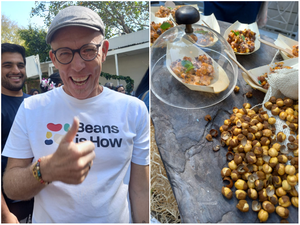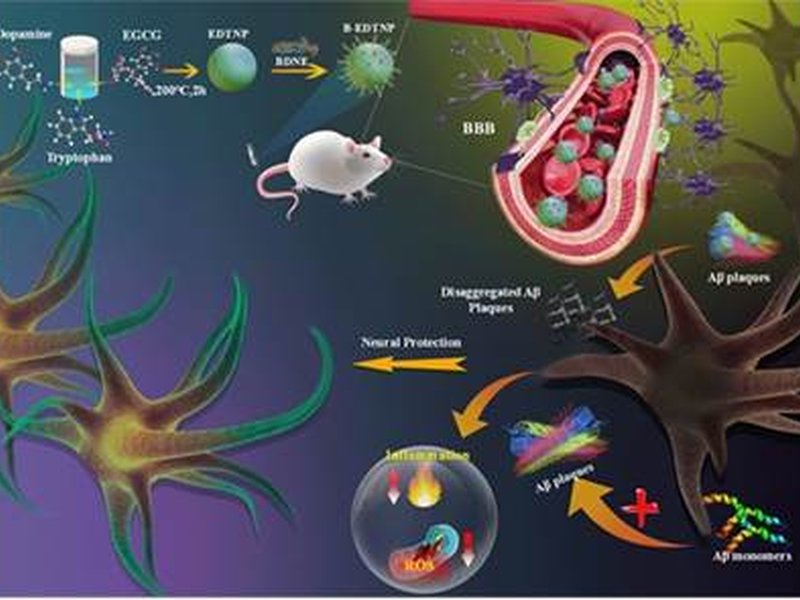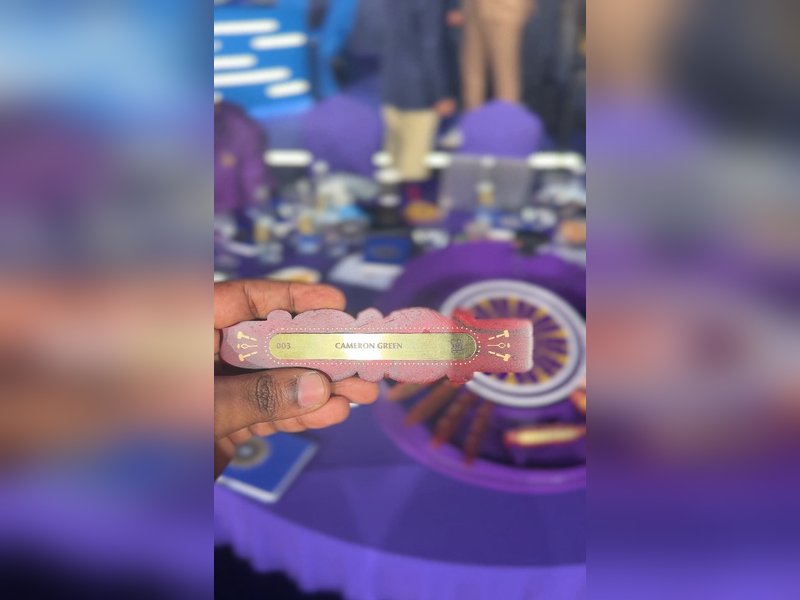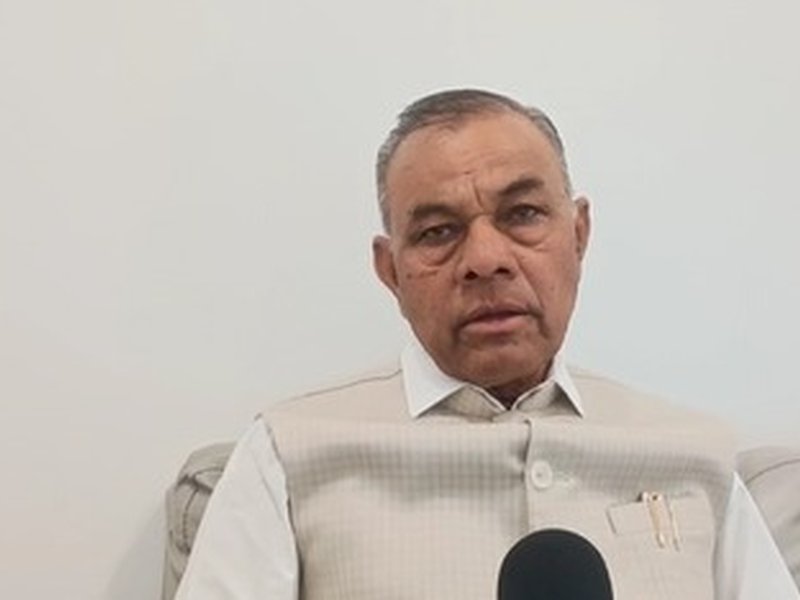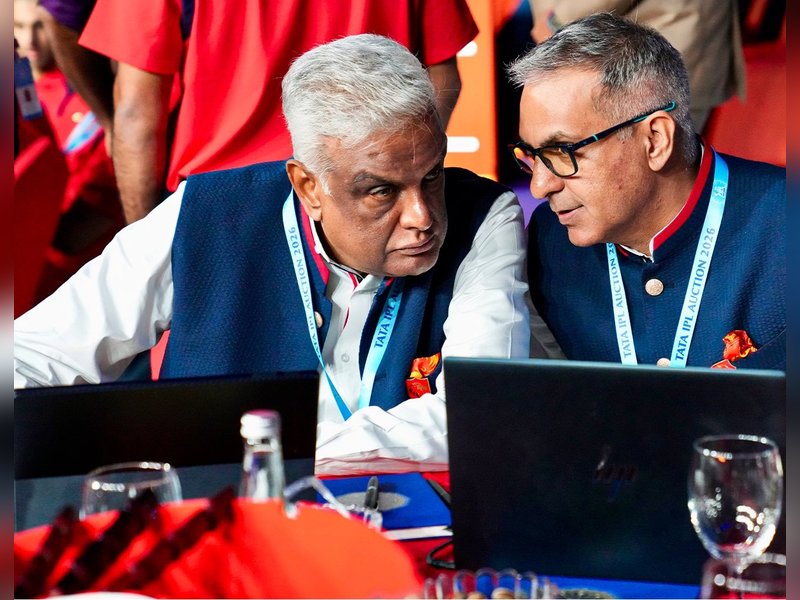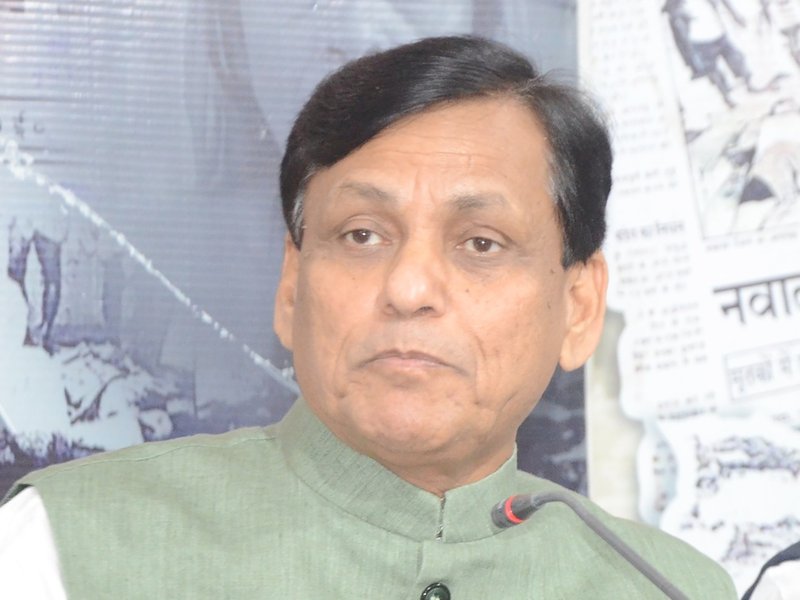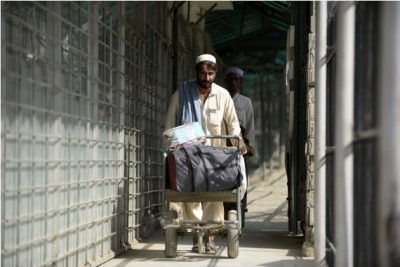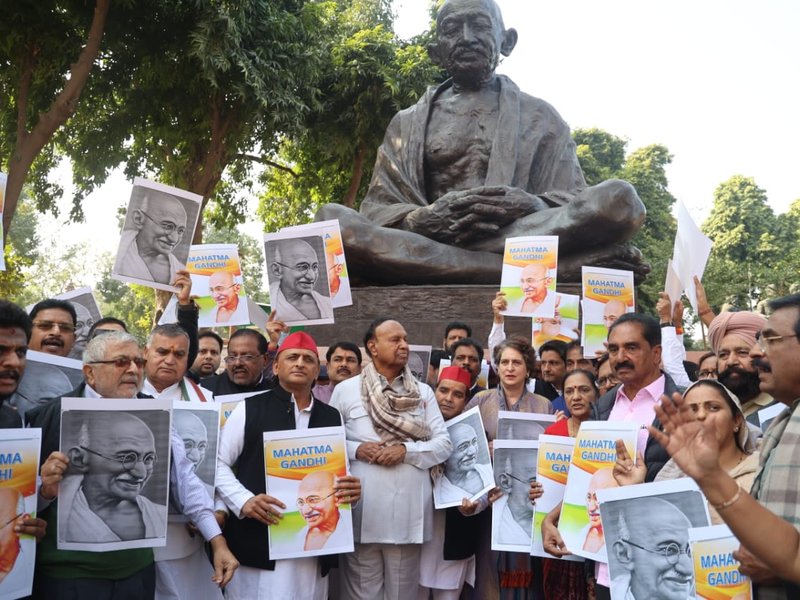New Delhi, Feb 23 (IANS) Paul Newnham's mission is to make the second of the United Nations' Sustainable Goals (SDG2) -- Zero Hunger -- a global reality in our lifetime.
And if this Australian champion of sustainable food choices is in New Delhi, it is because he's promoting the cause of beans -- the umbrella term that includes one of the staples of the Indian diet: dals.
When IANS met him on the sun-dappled terrace of the Olive Bar & Kitchen in New Delhi, the question on top of one's mind was whether the world had moved on from millets to beans -- was it the new diet fad?
Newnham pointed out that millets and beans are a part of the same food continuum -- these are the traditional building blocks of a well-rounded diet and the world needs to get back to them.
For the United Nations, in fact, this is the Year of the Camel, but a plant-friendly diet is on top of the agenda of change advocates around the world such as Newnham.
Beans are up against multiple challenges. In the West, they are viewed as poor substitutes for meats and are at best offered as sides or embellishments of meat dishes. In Africa, which does not produce adequate quantities of beans, these humble legumes are too expensive in the market.
Indians, especially those who are upwardly mobile and time deficient, are moving away from whole dals -- such as the 'sabut' (whole) urad dal that forms the base of the famous 'mah ki dal' -- and opting for packaged, polished pulses, which are quicker and easier to cook.
And then, many of our traditional dals are losing their sheen in popular imagination -- dals such as 'gahat' (horse gram), Uttarakhand's traditional staple, and scarlet runner beans, which Olive's talented young chef Dhruv Oberoi, by combining them with Goan chorizo sausages, turned them into a delicious alternative to the Spanish Olla Podrido.
Newnham has his work cut out on two fronts -- policy advocacy and behaviour change.
To achieve the Beans is How initiative's objective to double the production of beans, in sync with the goals of the National Food Security Mission for Pulses, Newnham's SDG2 Advocacy Hub, a global NGO working with the United Nations, has created a partnership of 90 -- and counting -- organisations, including the New Delhi-based think tank, Council for Energy, Environment and Water (CEEW) and a Colombia-based seed bank for 40,000 heirloom varieties of beans.
Why is the initiative called Beans Is How? Newnham said it is a conversation starter -- 'beans is how' you can make a difference to people and our planet by having more of them in your meals.
"@BeansisHow is on a mission to double bean consumption by showcasing the #versatility, taste, and #climate-friendly attributes that tackles both #climatechange and global #hunger," Newnham said in an Instagram post some time back.
Continuing on the theme, he added: "By collaborating with #chefs, #restaurants, researchers, and influencers, Beans is How strives to change people's perceptions of beans, from once an overlooked ingredient to a star player in our #diets."
Coming back to dals, they are not only fibre- and folate-rich, which makes them good for our well-being, but also beneficial for the global agrarian economy because they are nature's nitrogen fixers and are not water guzzlers, which makes them climate resilient.
So, have dal more often and have it whole -- and remember why your mother's 'mah ki dal' always had 'sabut urad dal'.
--IANS
srb/dan


